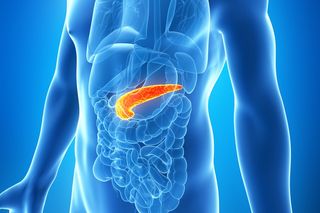- Welcome to Cook'd and Bomb'd.
-
 "that was never the intention"...
by pancreas
"that was never the intention"...
by pancreas
[Today at 04:08:43 AM] -
 The All New Beatles Thread...
by daf
The All New Beatles Thread...
by daf
[Today at 04:05:04 AM] -
 If you had to shag an animal...
by Cold Meat Platter
If you had to shag an animal...
by Cold Meat Platter
[Today at 03:15:25 AM] -
 Wrasslin' Talk: Punk out
by Mobius
Wrasslin' Talk: Punk out
by Mobius
[Today at 03:06:16 AM] -
 Baby Reindeer (Netflix 2024)...
by Urinal Cake
Baby Reindeer (Netflix 2024)...
by Urinal Cake
[Today at 03:05:04 AM] -
 I will not have it
by jamiefairlie
I will not have it
by jamiefairlie
[Today at 02:50:20 AM] -
 Glinner: thread for backseat...
by jamiefairlie
Glinner: thread for backseat...
by jamiefairlie
[Today at 02:36:49 AM] -
 Hackers
by Ferris
Hackers
by Ferris
[Today at 02:18:18 AM] -
 Live Comedy Performers of...
by Nooses Give
Live Comedy Performers of...
by Nooses Give
[Today at 02:15:35 AM] -
 Trans Mania: Graham Linehan...
by Ferris
Trans Mania: Graham Linehan...
by Ferris
[Today at 02:09:14 AM]
Members
 Total Members: 17,826
Total Members: 17,826 Latest: skinnylike
Latest: skinnylike
Stats
 Total Posts: 5,585,314
Total Posts: 5,585,314 Total Topics: 106,766
Total Topics: 106,766 Online Today: 1,077
Online Today: 1,077 Online Ever: 3,311
Online Ever: 3,311- (July 08, 2021, 03:14:41 AM)
Users Online
 Users: 17
Users: 17 Guests: 726
Guests: 726 Total: 743
Total: 743Manchester school now fingerprinting children
Started by Kingboy_D, March 07, 2004, 12:45:31 PM
Previous topic - Next topic
User actions


